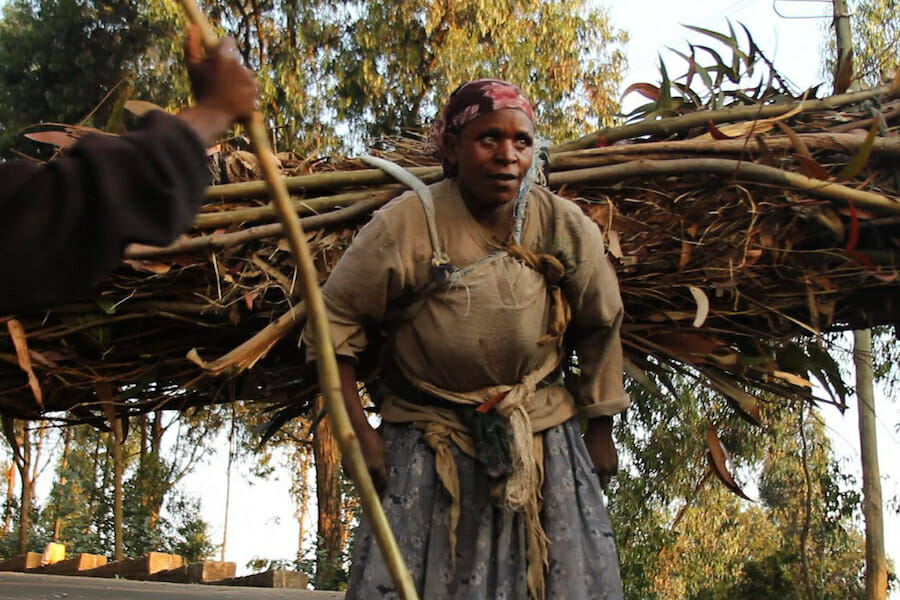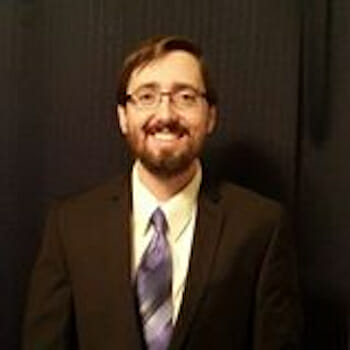
‘Sincerely Ethiopia’: A Documentary
At Stella’s Coffehaus in Denver, CO, I had the chance to meet with Hellen Kassa to discuss the upcoming documentary, Sincerely Ethiopia, which she produced. According to Hellen Kassa, Sincerely Ethiopia is a new documentary that was created by 4 young Ethiopian Diaspora based in the U.S. This July in LA will be the first premiere of the film which focuses on highlighting positive, inspirational people in Ethiopia doing impact based work. The idea of the film came about as we saw the lack of positive mainstream media that was actually produced by Ethiopians, realizing that the perspective was lacking.
Our plan for the film is to charge not for profit but to continue financing our premieres, fund film festival fees, travel to various locations and pay for potential advertising. We have created a 60 day $5000 crowdfunding project through Indiegogo that is set to end on July 17th. This was done to have more participation and inclusion on the project from various people and to raise money.
Outside of this we are working on securing sponsors and partners. The goal of this is to build a strong network of professional contacts and supporters who will help us get not only funding but recognition in various arenas. Our main source of promotion is social media. Facebook, twitter & our vimeo and youtube pages. We have been able to engage thousands of people and get our trailer out globally this way.
Our main goal is really to help facilitate really strong and relevant discussions on the perceptions of Africa and to give Africans a chance to really speak for themselves. We as film makers in the US have incredible access to resources and technologies that we wanted to be able to use to benefit the voices that we rarely hear in mainstream media. Moreover, we are looking to build a network of people, organizations, companies, projects and initiatives that have the same goal. To get the word out there on the work that is happening in Ethiopia and this film has been an excellent tool in doing that.
Our target audience is the western audience, those who have never been to Ethiopia or maybe will never get an opportunity to go and see for themselves. We want to help shape a more honest and critically developed perspective on our country.
What was the concept behind Sincerely Ethiopia?
The concept behind the film is to shed a positive light on Ethiopia. There is an overwhelmingly negative portrayal of Ethiopia in the Western media that is accurate to some extent, but it’s not the full picture. For us, we are trying to paint the rest of the picture. We have highlighted people that are addressing the problems facing their communities, building a better future, and working toward something great.
Do you feel that the portrayal in the Western press is accurate?
I think that with any story telling, there is some sort of bias. What we get in the US is accurate but it’s heavily on-sided. Stories are not told in the perspective of an African or Ethiopian, so what we have is a Western journalist with preconceived notions and ideas, looking for specific stories, pictures, and footage they want to capture. If they want to see kids with their bellies out or women with things on their heads, then that’s what they will go for. That’s what Africa is sold as. I have been there several times and lived in various parts of Africa and that is not the whole picture.”
There is always a fine line between bias and truth when making documentaries. How much of your opinion about the subject matter played into your filming?
A lot. When you want to film you have a general opinion about what you are going to say. Leading up to filming, we watched a lot of documentaries. One we watched several times was the Kony video, which was a film that generated a strong emotional connection to the subject matter. We were not aiming to make something like that but there was a lot to learn there, so we took careful notes. We didn’t want to be so strong in our opinions that it riled people up, but wanted to produce a film that would emotionally connect the audience to the people in the film. We wanted to create a film that would make the audience think and create dialogue. We were pushing for that to be the mantra during the filming.
Our opinions are in there. It’s inevitable. Be it for the music choices we selected or how we edited the scenes. The opinion drives the narrative.
I know you recently came back from working in microfinance in Ghana. Where else have you been?
I worked in Ghana for the past year. I also spent a year in Cape Town, South Africa. I grew up in Nairobi, Kenya and also spent some time in Ethiopia and visited Tanzania & Togo.
With so much experience throughout the continent, why Ethiopia? What led you into the film?
For me, my family is from there. I have traveled there several times, have really good connections, and know the space and language really well. Everyone that worked on the film is Ethiopian, but most had not grown up or lived there. For the film’s director, it was his first time there. For him, it was very interesting to travel there and have a cultural connection but not be able to speak the language. We all had a family history connected to Ethiopia, which made the experience very personal.
Did you have any difficulties wit the language barriers while filming?
It was not a challenge. The videographer and I are fluent, so we got along pretty well.
We knew from the beginning that we wanted to film in English because the target audience was the West. Many of the film’s subject’s spoke English, so during the filming there were a lot of people that switched between English and Amharic, to ensure that they were conveying the correct message. We wanted to make certain that we were being very fair and accurate with what they were saying.
How did the film’s formula unfold? Were you looking for topics to film or did you wait to be inspired?
Really organically. When we were filming, we didn’t want to impede too much on what the subjects were doing. We wanted to see them in their daily lives.
I had gotten to Ethiopia two weeks before the rest of the team and talked with some friends that knew the city well about some possible ideas. We discussed what kind of topics we wanted to portray. I really pushed for the fact that I did not want this film to be about NGOs; if it was going to be about NGOs, then it would be Ethiopian NGOs. We were really interested in covering a variety of topics. We knew we wanted to do something in healthcare, business, and the NGO field. Other than that, we just opened it up and other topics and stories.
For instance, there is a designer in the film and I really liked her work, so I pushed for her to be in the film. The more the team talked about it the more we realized that her work spanned more than just fashion. The stories unfolded the more we filmed, which expanded the team’s creativity.
Over the five weeks of filming, we gained a reputation in the city. People that were hesitant at first began coming up to us, saying they had heard of us, suggesting more topics to film. It all seemed to have come together very naturally, particularly as the communities became more interested in what we were doing and more willing to participate, in their own way.
What were the biggest obstacles during the filming?
Obstacles? We had a few. First, the people were hesitant about what we were doing. We weren’t paying anyone and were very upfront about that, so we needed to convince people that this will have a greater impact further down the line. We needed to have them trust in us and our vision. Also, filming in Addis Ababa is crazy because police and security guards were everywhere. Many were on power trips and wanted bribes. There were a few times we had to shut down filming, grab our stuff and leave because of this.
The biggest challenge, I guess, was that some of the stories were really hard. There were some shoots that we had to shut the camera off because what we were seeing was really intense. We wanted to be respectful of them and sometimes that means turning off the cameras.
What drew you to the film’s subjects? Out of all the possibilities, why these stories over the others?
That was actually my job. I personally went to all these places and met the people long before we started shooting. I needed to make sure they did what they said they did. I looked at it through an investigative point of view to make sure everything was accurate.
We needed to make sure we could connect with them. We needed to see if it was a good story or if it offered more than just a good story. There are a couple of stories that the team did not agree on whether we wanted to shoot or not. When this happened, we would talk with the people as a team and hang out with them for a while. By the end you could tell whether there was more to the situation. We were looking for a personal connection, which was what we wanted to capture on film.
The individuals in the film were people that could speak for others in similar circumstances. They are definitely voices in their communities – representatives or leaders. I really feel that 5 or 10 years from now that these people will have a set path.
Are the relationships you built during filming ongoing?
Absolutely. We try to support the people in the film through social media and try to garner attention through their own websites or projects. We also assist in promoting articles published about them. We really push for showing that these people are working hard in their fields.
We stay in touch and are excited to take this film back to Ethiopia so we can tell their story in their space.
The premiere is in Los Angeles this coming Sunday, right? Can you tell me about that?
Our goal is to get one premiere in a few major cities across the country, which we hope will allow people to check out the film. We have also been gathering a list of schools, individuals, organizations, and churches that want to have the film shown at their events. Our main goal this fall is to get the film out to as many people as possible. In preparation for that, we are creating press kits.
We are excited to see a large number of college students reaching out to us, saying that the topic is relevant and they want to bring this to their campuses. This can be a great gateway.
